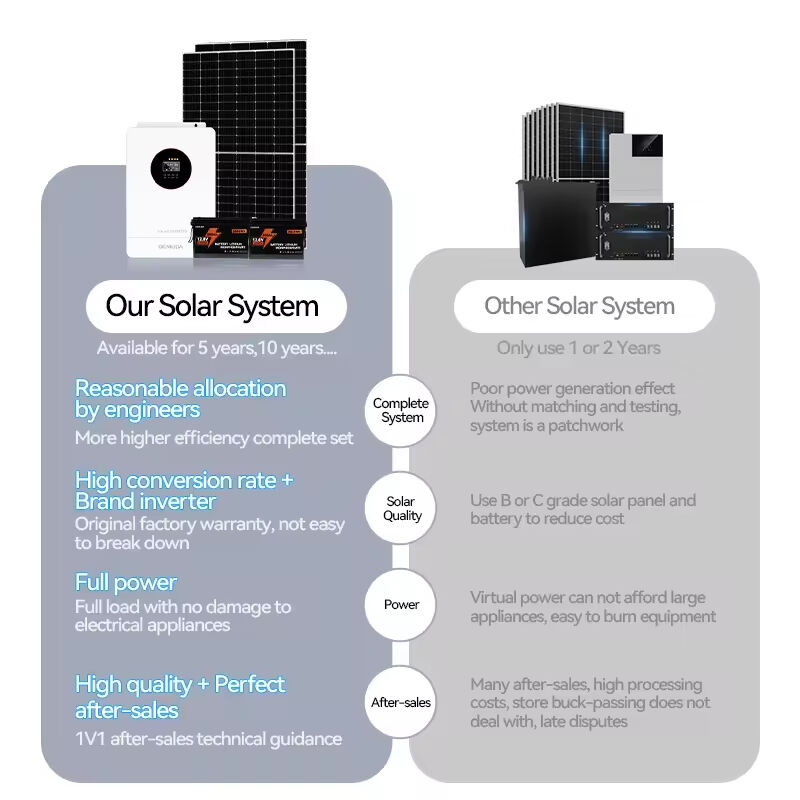The quest for sustainable living has become more popular over the past few years, with the majority of homeowners looking for new ways to reduce their carbon footprint, including making the switch to renewable energy sources. One of the most effective solutions to emerge recently is the residential battery system. Not only do these systems improve energy efficiency, they can also be utilized as valuable backup power sources for outages. This article discusses the impact of residential battery systems on sustainable living by focusing on their advantages, technologies, and the industry’s future trends.
The Significance of Energy Storage
Storing energy is vital for optimizing renewable sources of energy like solar energy and wind energy. Due to the residential battery systems, homeowners can now store any excess energy which can be utilized later when there is high energy demand or in situations when renewable sources are not producing energy. This not only enhances the performance of the renewable energy systems but also helps in stabilizing the grid. It is an important part of energy management of today.
Advantages of Home Battery Systems
Like any other battery storage system, residential battery systems have their advantages. For one, such systems help in saving money by reducing reliance on electricity during peak hours, consequently slashing monthly power bills. Besides, battery systems grant energy independence to the homeowners by allowing them to take the stored energy during the outages or emergencies. Further, battery systems can also enhance the value of the property as the homes equipped with energy battery systems become more appealing to the environmentally friendly buyers.
Technologies Used in Home Battery Systems
There are various residential battery systems with technologies such as lithium-ion batteries which are the most common. Also, there are other technologies such as lead-acid or flow batteries which have their own advantages and disadvantages. Knowing and understanding these technologies can help homeowners make the right choices based on their energy consumption and sustainability objectives.
The Role of Incentives and Policies
Incentives and policies set by the government are crucial. Policies set by the government in most regions offer tax credits, rebates, or grants to help promote the use of renewable energy and energy storage. These incentives ease the financial burden on families trying to live a more eco-friendly lifestyle, thus, increasing the demand for residential battery systems.
Future Trends in Residential Battery Systems
developments like nowadays, the residential battery systems have a fruitful outlook. Improvements to battery chemistry and energy management, as well as the integration of smart home technologies, are just a few of the innovations expected in the near future. Furthermore, a growing number of homeowners are expected to adopt a more eco-friendly lifestyle, and with the rate at which battery systems are slashing in price, they will become a more attractive option for energy storage.
Wrapping up, it is clear that residential battery systems are gaining remarkable importance in achieving eco-friendly goals. In addition to harnessing renewable energy, residential batteries support economic savings and practical benefits for homeowners. With the pace of new technology and changing policies, it is reasonable to predict an increasing adoption of systems that could contribute to the eco-friendly living.

